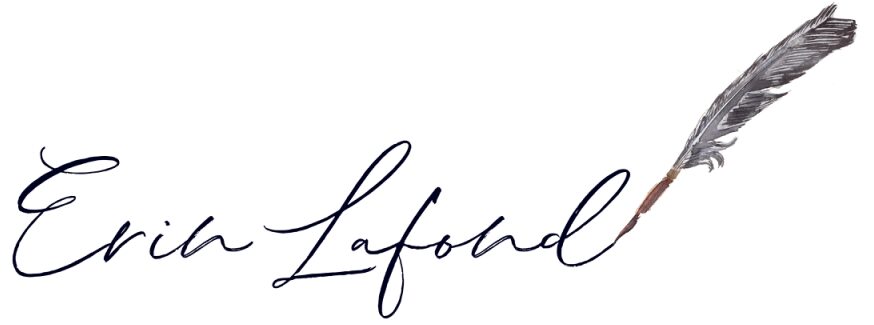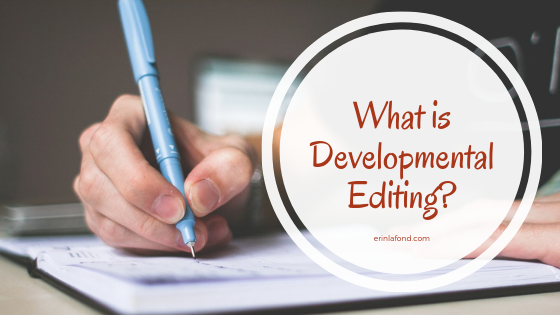What is Developmental Editing?
Last updated on March 17th, 2023 at 05:21 am
If you’ve been looking into editing, you might have heard about something called “developmental editing.” But what exactly is developmental editing? And how does it differ from copy editing or proofreading?
Developmental Editing
Developmental editing, which can also be called substantive editing, means that an editor looks at the book as a whole and examines things like character development, structure, and plot. A developmental editor looks at your overall work and the writing plus keeps your audience in mind. It is the most involved type of editing there is, and the whole process can take months, depending on the manuscript.
Developmental editors point out things like when your middle section is too slow, when your character’s arc isn’t believable, or when your framing device doesn’t quite work. They make sure you don’t have any loose plot threads and that everything works with your novel’s themes. Editing can require big changes to plot and structure. It can involve moving around, or even cutting, large sections of your work. But most importantly, it can dramatically improve your story.
Copy editing and Proofreading
After developmental editing comes copyediting and proofreading.
Copy editors look at the mechanics. They close read your work and make sure it is readable and consistent, but they won’t look at big-picture issues. Their job is the little stuff like noticing if your characters suddenly switch settings in one conversation without an explanation. They also look at grammar and spelling.
Proofreaders are the final check for any grammatical or spelling errors.
Do you need developmental editing?
Every manuscript could do with some developmental editing. Having a professional critique your work and look at both the big picture and the nitty-gritty can not only help you improve your manuscript but make you a better writer. Developmental editing is crucial if you’re looking to self-publish, but it’s also important for writers who are hoping to get an agent or submit to a publisher. Having a polished, well-developed novel helps you stand out to readers, agents, and publishers. Developmental editing doesn’t mean you’re guaranteed to find an agent or a publisher, but it does give you an edge.
Are you ready for developmental editing?
In order to properly do my job, I need a full, polished draft of your manuscript. This doesn’t mean the draft has to be perfect. It just needs to be
Perhaps just as important, you have to be ready to hand your manuscript over and get positive criticism. My job is to tell you when something in your manuscript doesn’t work, and, while I’ll do this nicely and give you suggestions on how to fix it, you still have to be prepared. Of course, it is ultimately your story, and you are never obligated to take your editor’s advice. But it’s worth taking the time to find someone you trust so you can feel confident that you’re getting good advice. The relationship you share with your developmental editor is important so you want to find someone that you know you can work with and take feedback from.
Got questions? Comment below!

